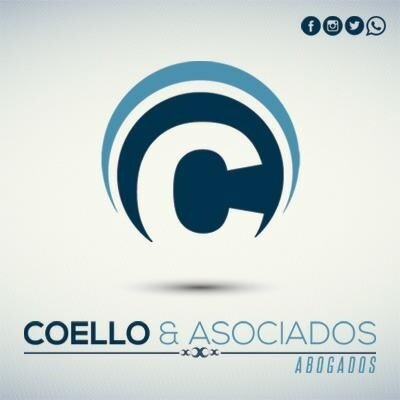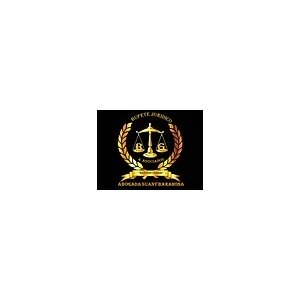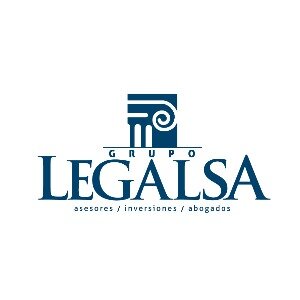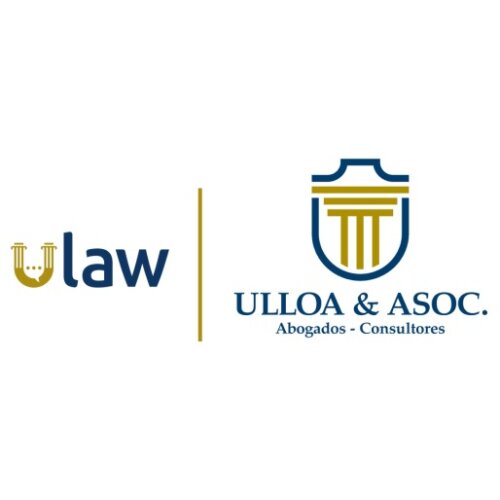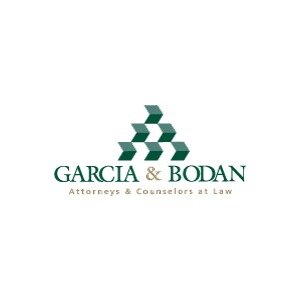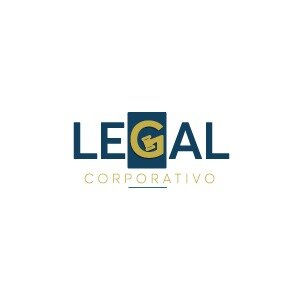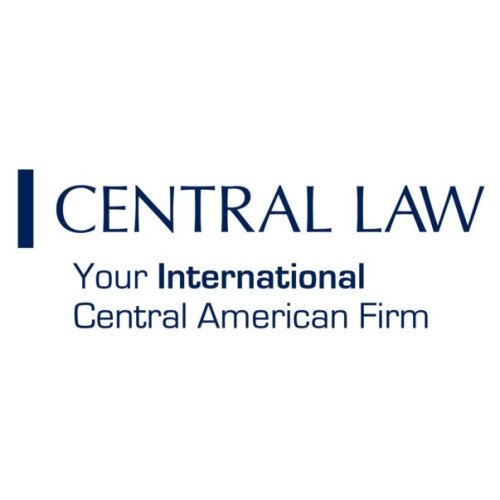Best Renewable & Alternative Energy Lawyers in San Pedro Sula
Share your needs with us, get contacted by law firms.
Free. Takes 2 min.
List of the best lawyers in San Pedro Sula, Honduras
About Renewable & Alternative Energy Law in San Pedro Sula, Honduras
San Pedro Sula, located in the northern region of Honduras, is witnessing a steady increase in the development of renewable and alternative energy projects. This growth is fueled by national efforts to diversify the energy matrix, reduce reliance on fossil fuels, and promote environmental sustainability. The legal framework governing renewable energy in Honduras is designed to encourage both local and foreign investment, regulate the sector, and ensure the safe and reliable integration of clean energy sources into the national grid. In San Pedro Sula, legal matters related to renewable energy often involve complex regulatory, environmental, and commercial aspects, making it important to have a solid understanding of applicable laws and procedures.
Why You May Need a Lawyer
Navigating the legal landscape in renewable and alternative energy can be challenging. Individuals, business owners, developers, and entrepreneurs in San Pedro Sula may require legal assistance in a variety of scenarios, including:
- Negotiating contracts for the sale or purchase of renewable energy projects or equipment
- Obtaining permits and licenses required by local and national authorities
- Ensuring compliance with environmental regulations
- Resolving land use and zoning issues for project development
- Understanding tax incentives and applying for government subsidies
- Managing disputes between project partners, landowners, or with governmental entities
- Protecting intellectual property related to new energy technologies
- Structuring investments and joint ventures for energy projects
Legal representation ensures that your interests are protected and that your projects comply with all regulations, avoiding costly delays or penalties.
Local Laws Overview
Honduras has established a regulatory environment aimed at fostering the growth of renewable and alternative energy. Some of the most relevant laws and regulations applicable in San Pedro Sula include:
- Law for the Promotion of Electricity Generation with Renewable Resources (Decree 70-2007): Establishes incentives such as tax breaks, import duty exemptions, and guaranteed purchase agreements with the national utility (ENEE) for renewable energy projects.
- General Law of the Electricity Industry (Decree 404-2013): Governs the generation, transmission, distribution, and commercialization of electricity, including provisions for private sector participation in renewables.
- Environmental Protection Law: Requires environmental impact assessments (EIAs) for most energy projects, overseen by the Secretariat of Natural Resources and Environment (MiAmbiente+).
- Municipal ordinances: Local regulations in San Pedro Sula may affect land use, permitting, and safety standards for renewable energy facilities.
In addition, the Honduran government periodically launches public tenders, and the electricity regulator (CREE) plays a critical role in establishing rates and overseeing compliance within the sector.
Frequently Asked Questions
What types of renewable energy are commonly developed in San Pedro Sula?
The most common renewable energies in San Pedro Sula are solar, hydroelectric, biomass, and, to a lesser extent, wind power projects.
Do I need a special permit to install solar panels in San Pedro Sula?
Yes, most installations require municipal permits, and larger projects may need environmental assessments as well as approvals from the national electricity authorities.
Are there tax incentives for renewable energy projects in Honduras?
Yes, the Law for the Promotion of Electricity Generation with Renewable Resources offers tax exemptions on equipment, import duties, and sometimes income tax for qualified projects.
Who regulates renewable energy projects in San Pedro Sula?
Regulation is primarily managed by the National Electricity Commission (CREE) and ENEE, with oversight from MiAmbiente+ and the municipal authorities of San Pedro Sula.
Can foreign investors participate in renewable energy projects?
Yes, Honduras welcomes foreign investment in the renewable energy sector with the same legal guarantees as domestic investors.
Is an environmental impact assessment always required?
Not always. Small projects sometimes qualify for exemptions, but most medium and large energy developments require an EIA.
How are energy purchase agreements structured?
They are typically negotiated with ENEE, offering fixed-term contracts for the purchase of generated renewable electricity under specified rates.
What happens if my project does not comply with regulations?
Non-compliance can result in fines, suspension of operations, or loss of permits, and may expose you to liability for environmental or contractual damages.
How long does it take to obtain all necessary permits?
Timeframes vary depending on project size and complexity, but usually range from a few months for small-scale installations to over one year for larger projects.
What legal issues can arise when acquiring land for renewable energy projects?
Common issues include verifying land title, negotiating with landowners, zoning restrictions, and addressing community concerns. Legal due diligence is essential.
Additional Resources
- National Electricity Company (ENEE): The public utility responsible for electricity generation, transmission, and distribution.
- National Electricity Commission (CREE): The authority overseeing regulation and compliance in the electricity sector.
- Secretariat of Natural Resources and Environment (MiAmbiente+): Supervises environmental permitting and impact assessments.
- Chamber of Commerce and Industry of Cortés (CCIC): Offers resources for businesses investing in energy projects in San Pedro Sula.
- Honduras Renewable Energy Association (AHER): Represents industry stakeholders and provides sector information.
Next Steps
If you are considering a renewable or alternative energy project in San Pedro Sula, or need legal guidance related to the sector, you should start by identifying the scope of your project and gathering essential documentation. Consult with a legal specialist who has experience in energy, environmental, and business law to ensure full compliance with all regulations and to take advantage of available incentives. Prepare to coordinate with authorities such as ENEE, CREE, and MiAmbiente+ early in your project planning. Legal advice can help you anticipate challenges, expedite permitting processes, and secure the long-term success of your investment.
Lawzana helps you find the best lawyers and law firms in San Pedro Sula through a curated and pre-screened list of qualified legal professionals. Our platform offers rankings and detailed profiles of attorneys and law firms, allowing you to compare based on practice areas, including Renewable & Alternative Energy, experience, and client feedback.
Each profile includes a description of the firm's areas of practice, client reviews, team members and partners, year of establishment, spoken languages, office locations, contact information, social media presence, and any published articles or resources. Most firms on our platform speak English and are experienced in both local and international legal matters.
Get a quote from top-rated law firms in San Pedro Sula, Honduras — quickly, securely, and without unnecessary hassle.
Disclaimer:
The information provided on this page is for general informational purposes only and does not constitute legal advice. While we strive to ensure the accuracy and relevance of the content, legal information may change over time, and interpretations of the law can vary. You should always consult with a qualified legal professional for advice specific to your situation.
We disclaim all liability for actions taken or not taken based on the content of this page. If you believe any information is incorrect or outdated, please contact us, and we will review and update it where appropriate.



